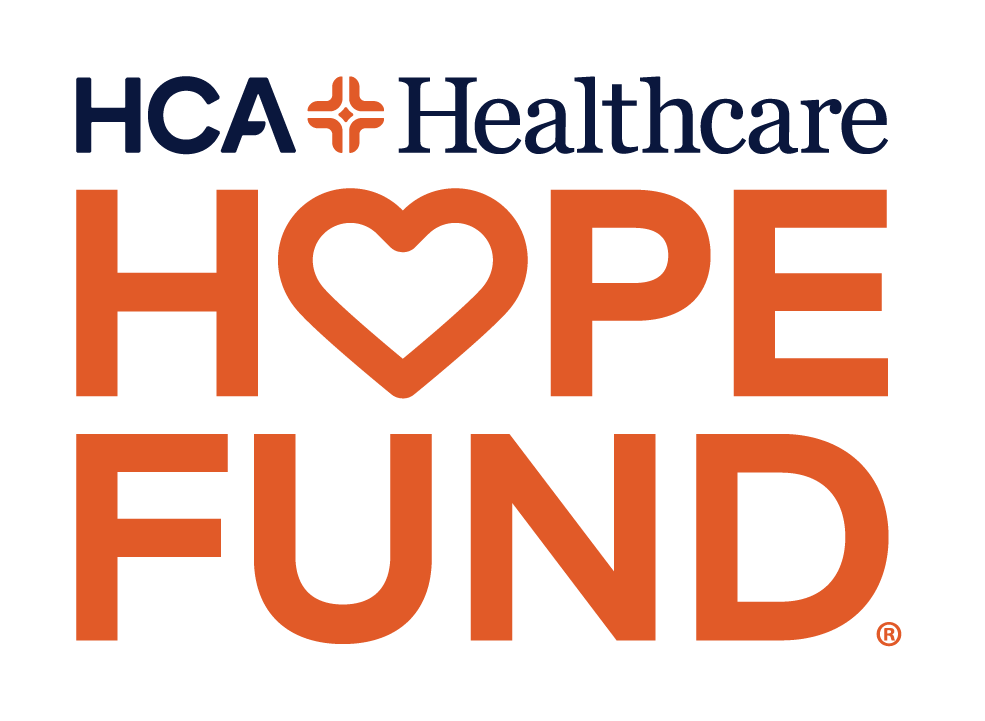FAQ
The Hope Fund helps colleagues who are facing a financial hardship due to an event beyond their control including:
- Illness/injury
- Death (burial and travel)
- Domestic violence
- Natural disaster (fire, flood, hurricane, tornado, etc.)
- Other difficult situations that place a burden on maintaining basic needs
The Hope Fund may be able to assist when a colleague or spouse is out of work and unpaid due to an unexpected illness or injury. The Hope Fund can also assist when travel for treatment is needed or payment is due in advance of treatment. When the household income is below 400% of the federal poverty level , the Hope Fund can consider assistance with medical expenses related to an unexpected illness or injury.
The Hope Fund reviews each situation on a case-by-case basis. You can be on short-term disability and receive assistance from the Hope Fund.
The Hope Fund includes the colleague, spouse or same-sex domestic partner, unmarried dependent children who are fully financially dependent within our basic guidelines. In some situations, parents, grandparents, siblings and grandchildren are considered. For details of this, visit our Supporting Documentation page.
Only your facility’s grant leader and the Hope Fund staff will know your identity. All identifying information will be removed from the application before your local committee reviews it.
The Hope Fund team’s goal is to respond within two weeks after receiving your application, including all required documentation. Your grant leader will let you know if your application is approved or denied.
A colleague may receive assistance one time per twelve months, excluding natural disasters. Colleagues may receive a maximum of $10,000 in a rolling five-year period.
Yes. We are so thankful for support from more than 28,000 colleague donors which allows us to continue to review our criteria and meet the needs of colleagues in financial hardships. Our board of 30 members annually reviews our program and adjusts our criteria as needed.
The Hope Fund does not provide assistance when the situation is the result of poor financial management.
The Hope Fund does not provide assistance related to standard maternity/paternity leave.
The HCA Healthcare Hope Fund does not provide assistance for the following:
- Adoption
- Legal/court fees
- Fines, penalties, bail
- Taxes
- Wage garnishments
- Credit card bills
- Debt consolidation loans
- Personal loans/payday or auto title loans
- Immigration fees
- School loans, tuition, supplies
- Parking tickets
- Divorce, spousal abandonment, and child custody disputes
- Car maintenance, registration and loans
- Home maintenance/repairs
- Veterinary/pet expenses
No, a grant from the Hope Fund is not considered taxable income.
The Hope Fund is a 501(c)3 not-for-profit charity. As such, every situation must have a qualifying event and a demonstrated financial need. Donations allow the Hope Fund to assist during a hardship, but donating to the Hope Fund does not guarantee the ability to qualify for assistance.
